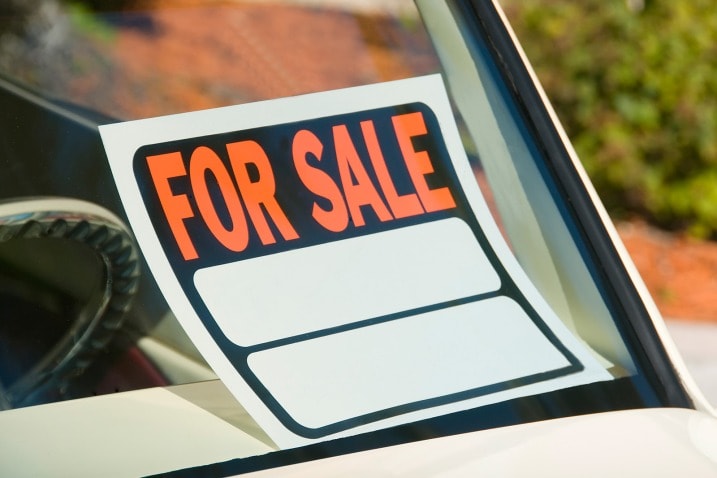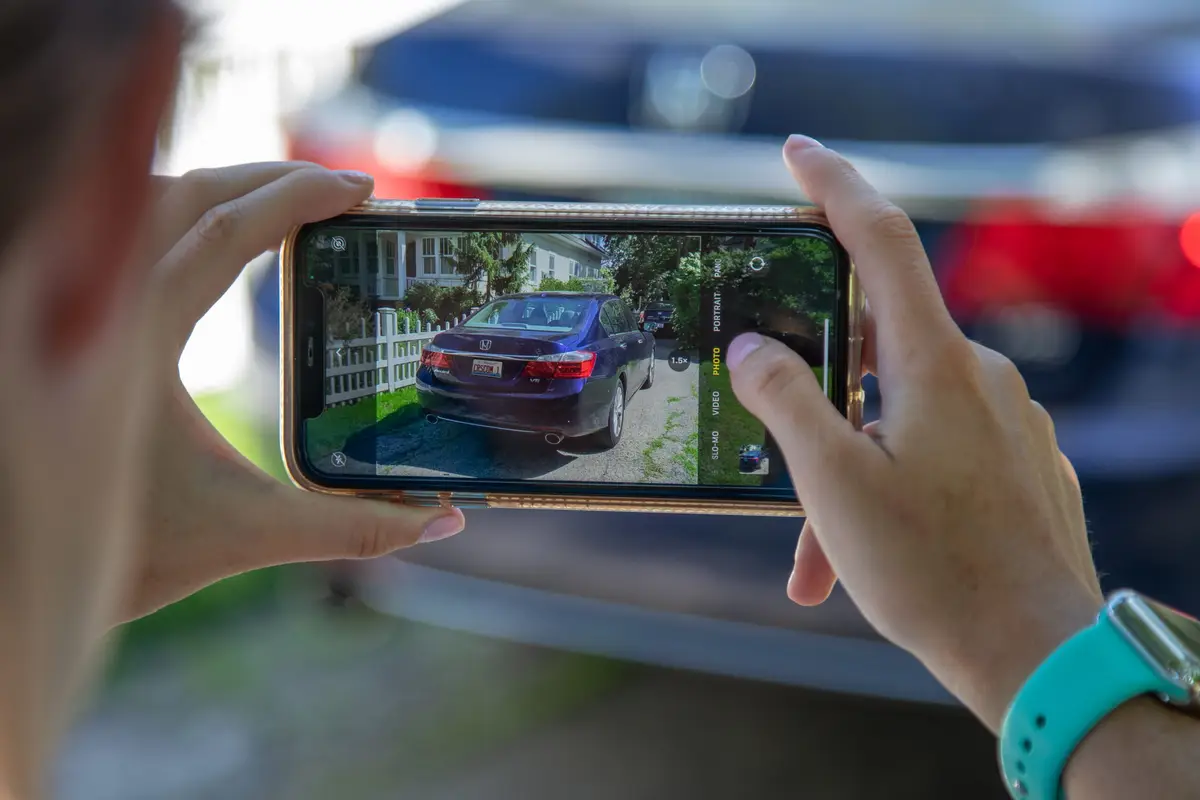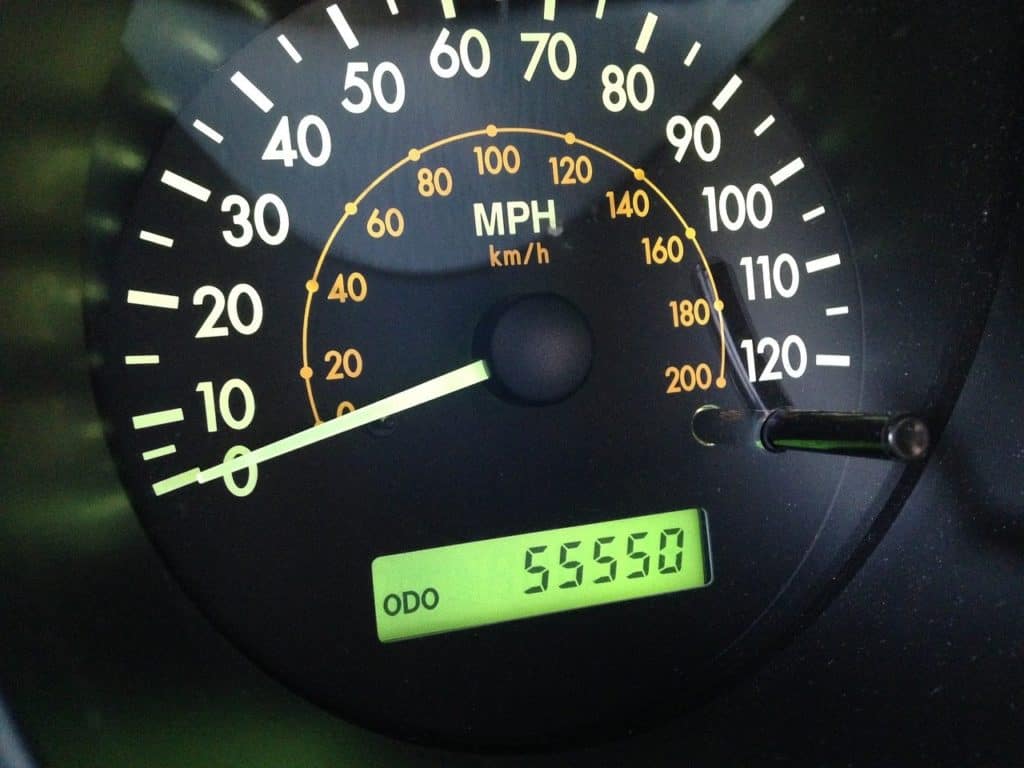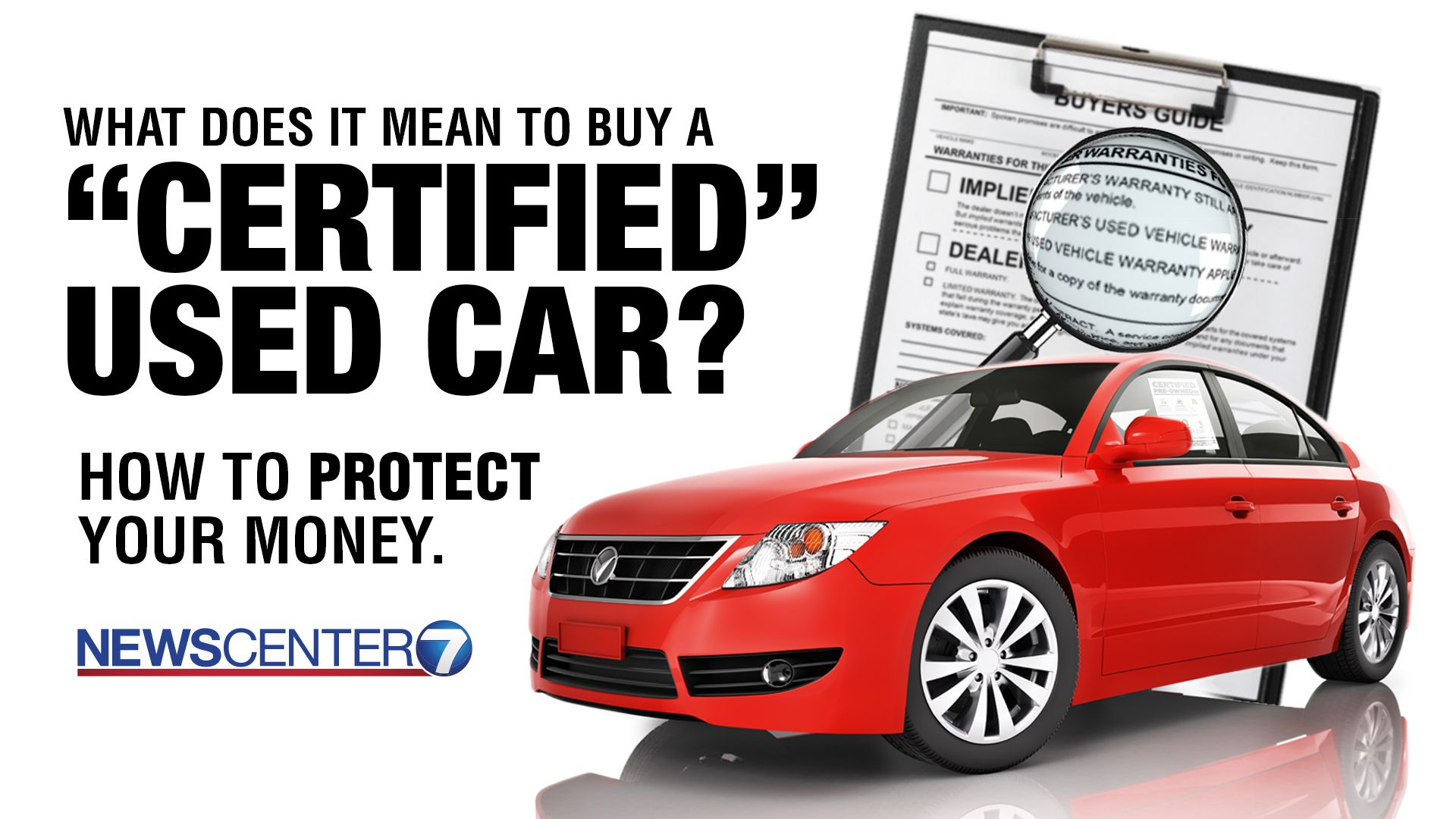How to Sell a Used Car Privately
To sell a used car privately, set a competitive price and advertise effectively online and locally. Prepare the vehicle by cleaning it and compiling all necessary documents.
Selling a used car privately can be a straightforward way to potentially get more money for your vehicle compared to trading it in at a dealership. Crafting an honest and attractive advertisement, showing your car to prospective buyers, and negotiating the price are crucial steps in the process.
Begin by researching the market value of your car and pricing it competitively to attract serious buyers. Ensure your vehicle looks its best by thoroughly cleaning it both inside and out, performing any minor repairs, and gathering maintenance records and necessary paperwork to establish trust and facilitate a smooth transaction. Utilize online marketplaces, social media, and word-of-mouth to reach a broad audience. By focusing on these details, you can secure a fair deal and make the selling experience positive for both you and the buyer.
The Prep Work: Getting Your Car Ready To Sell
Selling a used car privately can be beneficial. It often leads to a better deal than trade-in offers. Before listing the car, proper preparation is crucial. It ensures a smooth and profitable sale. This article guides sellers through the essential steps of preparing a vehicle for a private sale.
Clean And Detail Your Vehicle
First impressions matter. A clean car can attract buyers and boost its value. Investing in a full detail pays off:
- Wash and wax the exterior
- Vacuum and shampoo the interior
- Clean the windows and mirrors
- Remove all personal items and trash
- Address minor repairs, like small scratches
Gather Maintenance Records And Paperwork
Documentation is key. Service records show buyers the car’s history. It helps build trust. Ensure these documents are ready:
- Service and maintenance records
- Vehicle history report
- Owner’s manual
- Warranty documents, if applicable
- Title and bill of sale
Set A Competitive Asking Price
Determine a fair price for your vehicle. Research is essential. Consider these steps:
- Check online car valuation tools
- Compare prices of similar models in ads
- Adjust for mileage, condition, and location
Setting the right price helps attract serious buyers without leaving money on the table.
Take Attractive Photos
Quality images sell. These tips will help showcase your car:
| Tip | Description |
|---|---|
| Clean Background | Choose a simple, uncluttered background for photos. |
| Good Lighting | Photograph the vehicle in daylight for the best quality. |
| Variety | Include interior, exterior, engine, and trunk shots. |
| Angles | Shoot from different angles to provide a complete view. |
Advertising Your Car
Successfully selling a used car means casting a net wide enough to catch the right buyer’s attention. It begins with effective advertising – harnessing the power of words and technology to showcase your car’s best features. Let’s dive into crafting ads that stand out.
Write A Compelling Description
First impressions last, especially in car listings. Create a description that highlights your car’s unique features and maintenance history. Use clear, concise language and ensure the details are accurate. Here’s what to include:
- Make, model, and year of the car
- True mileage and vehicle condition
- Any recent repairs or upgrades
- Unique selling points (e.g., fuel efficiency, safety features)
Choose The Right Platforms For Listing
Select platforms visited by potential buyers. Local classifieds, national websites, and niche car forums are great places to start. Ensure the site’s audience matches your car’s potential buyer profile. Consider these popular choices:
| Platform | Audience |
|---|---|
| Craigslist | Local, diverse audience |
| eBay Motors | Nationwide reach |
| AutoTrader | Car enthusiasts and serious buyers |
Leverage Social Media
Social media platforms can be powerful tools. Tap into your network to spread the word. Use striking images and engaging posts to grab attention. Tag your posts with relevant hashtags to increase visibility. Platforms to consider include:
- Facebook Marketplace
- Instagram, using visual appeal
- Twitter, for quick and wide reach
Engaging With Potential Buyers
When it comes to selling your used car privately, engaging with potential buyers is critical. A transparent and efficient communication strategy not only builds trust but can also significantly speed up the sale process. Below, we explore the best ways to engage with buyers, from sorting legitimate inquiries to wrapping up the deal with a test drive.
Filtering Serious Inquiries
Sorting out genuine buyers from tire-kickers is the first step. Ask potential buyers to provide some basic information and show proof of funding. This helps to determine their seriousness. Keep communication records through emails or messages to gauge their commitment level.
- Ask for contact information: Get the buyer’s email and phone number.
- Proof of funds: Request a pre-approval letter or bank statement.
- Screen inquiries: Note the interest level and respond accordingly.
Setting Up Test Drives
Once you’ve identified a serious buyer, organize a test drive. Choose a public place for safety and have a friend or family member with you. Make sure you check the buyer’s driver’s license and car insurance before handing over the keys.
- Public location: Always meet in well-lit, crowded areas.
- Verify driver: Check the buyer’s license and insurance details.
- Accompany the buyer: Go along for the ride if possible.
Responding To Questions
Be ready to answer all queries about your car. Honesty is the best policy. Provide maintenance records and be clear about the vehicle’s history. If you don’t know the answer to a question, it’s okay to say so. Prompt responses show that you value the buyer’s interest.
| Maintenance Records | Vehicle History | Additional Queries |
|---|---|---|
| Share service documents | Disclose past accidents | Be honest if unsure |

Credit: www.edmunds.com
Negotiation Techniques
Selling a used car requires negotiation skills. A good negotiation results in a win-win situation. For this, understand key tactics that ensure a favorable outcome. Let’s explore these techniques one by one.
Understand Your Bottom Line
Knowing your minimum acceptable price is crucial. Research similar car prices. Factor in your car’s condition and features. Be honest with yourself about its worth. This knowledge acts as a powerful tool during negotiations.
Handling Offers And Counteroffers
Expect buyers to haggle. Always listen carefully to their offers. Respectfully counter when the offer is low. Use facts about your car to justify your counteroffer. Stay polite, and keep discussions open and progressive.
- Consider all offers
- Justify your price with facts
- Stay calm and professional
Sealing The Deal Gracefully
After agreeing on a price, complete the sale legally and ethically. Prepare necessary documents beforehand. Agree on a payment method that is secure. Sign the bill of sale, transfer the title, and don’t forget to hand over the keys with a smile.
- Prepare the paperwork in advance
- Choose a secure payment method
- Complete the sale with integrity
The Closing Phase
You’ve found a buyer and you’re ready to sell your car. The closing phase is crucial. It involves detailed paperwork and secure payment handling. Done right, this final step ensures a smooth handover. Let’s break down the essentials.
Preparing a Bill of SalePreparing A Bill Of Sale
Creating a bill of sale is simple. It’s a record of the deal. This document should include:
- The car’s make, model, year, and VIN.
- The sale date and the price.
- Names and signatures of both parties.
Make sure to provide a direct, honest description of the car’s condition. Keep a copy for your records.
Transferring the Title and RegistrationTransferring The Title And Registration
The title proves ownership. Selling means handing over the title. Follow your state’s DMV process. Submit any required paperwork. Check with the DMV to confirm the steps.
Removal of old license plates might be necessary. In some states, plates stay with the car. Always check what applies to your sale.
Handling Payment SecurelyHandling Payment Securely
Secure payment protects both parties. Cash payments are straightforward. For checks or electronic transfers, confirm the funds before releasing the car. Never accept overpayments and always issue receipts.

Credit: www.caranddriver.com
Post-sale Considerations
Selling a used car involves more than just handing over the keys to the new owner. Specific post-sale considerations ensure a smooth transition for you and the buyer. Addressing these final steps can save you from future complications and help maintain a good seller reputation.
Providing After-sale Assistance
Being available for after-sale inquiries can distinguish you as a trustworthy seller. New owners might have questions or need help understanding specific features of the car. Be prepared to offer guidance for a reasonable period post-sale.
Reporting The Sale To The Dmv
Notify the Department of Motor Vehicles (DMV) about the sale of your vehicle. This process varies by state but typically involves submitting a notice of transfer and release of liability form. This form can protect you from legal issues related to the car’s future use.
Insurance Adjustments
Don’t forget to cancel or adjust your insurance policy once the deal is complete. Contact your insurance agent promptly to prevent unnecessary charges. It also allows you to discuss possible refunds or to reallocate coverage to a new vehicle.

Credit: www.cars.com
Frequently Asked Questions On How To Sell A Used Car Privately
How Do I Price My Used Car Accurately?
To price your used car, research similar models online for their average selling price. Factor in your car’s condition, mileage, and any additional features. Websites like Kelley Blue Book can provide a good estimate as a starting point for your pricing.
What Documents Are Needed To Sell A Car Privately?
When selling a car privately, you will need the vehicle title for ownership transfer. Additionally, prepare a bill of sale, release of liability form, and maintenance records. Check your state’s DMV website for any other specific documents required.
How Can I Market My Used Car Effectively?
To market your used car, take high-quality photos from multiple angles and list the car on various online platforms. Write a clear, honest description and highlight its features and recent maintenance. Utilize social media and word-of-mouth for additional exposure.
Is A Vehicle History Report Necessary For Selling?
Providing a vehicle history report to potential buyers adds transparency and can instill trust, often expediting the sale process. It also saves time by reducing the number of questions from buyers about the car’s past.
Conclusion
Selling your car privately demands attention to detail and transparency. By setting a fair price, advertising effectively, and negotiating intelligently, you empower yourself to secure a good deal. Remember, clear communication and a trustworthy transaction not only benefit you but also please the buyer.
Safe selling!




